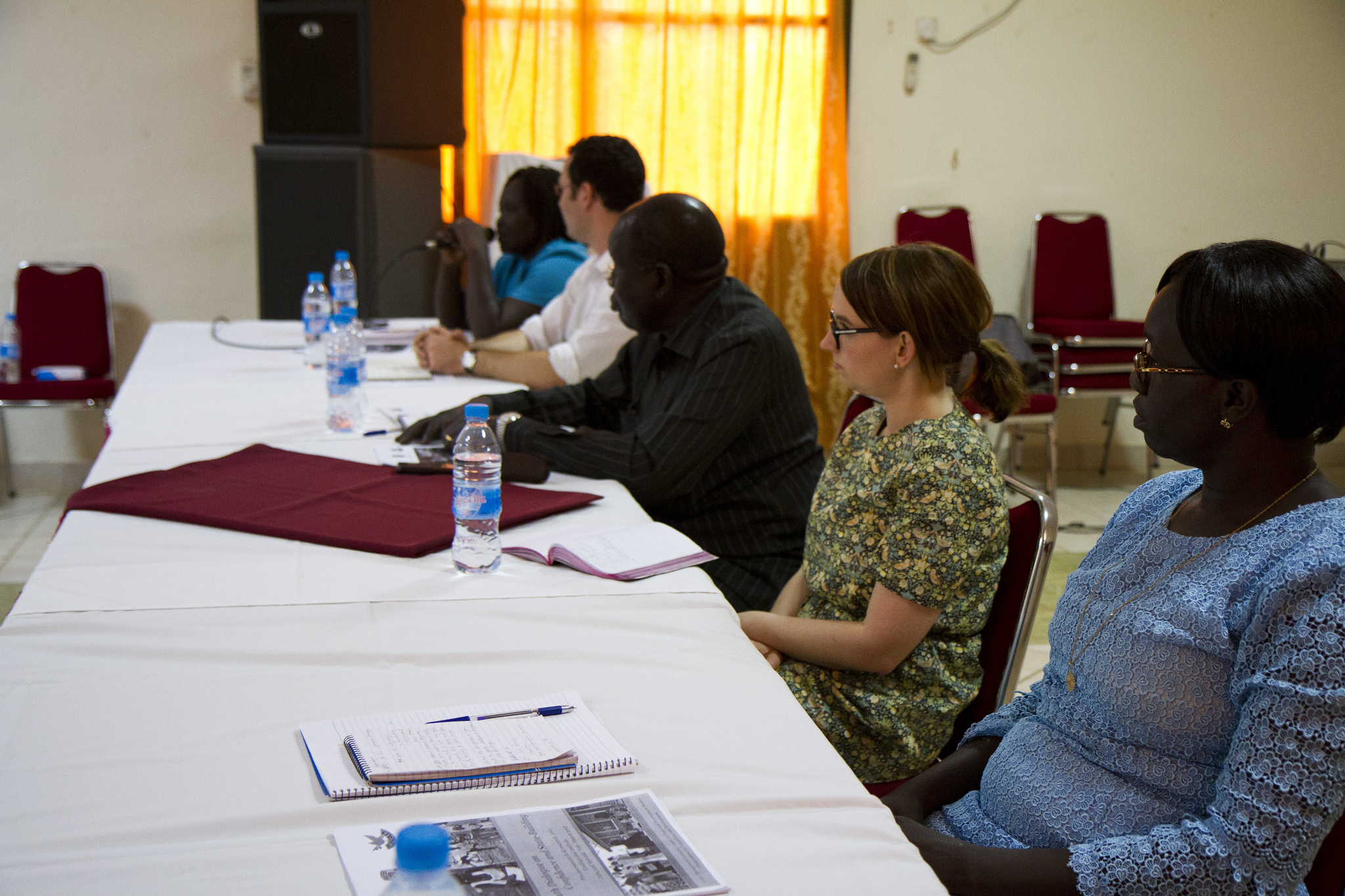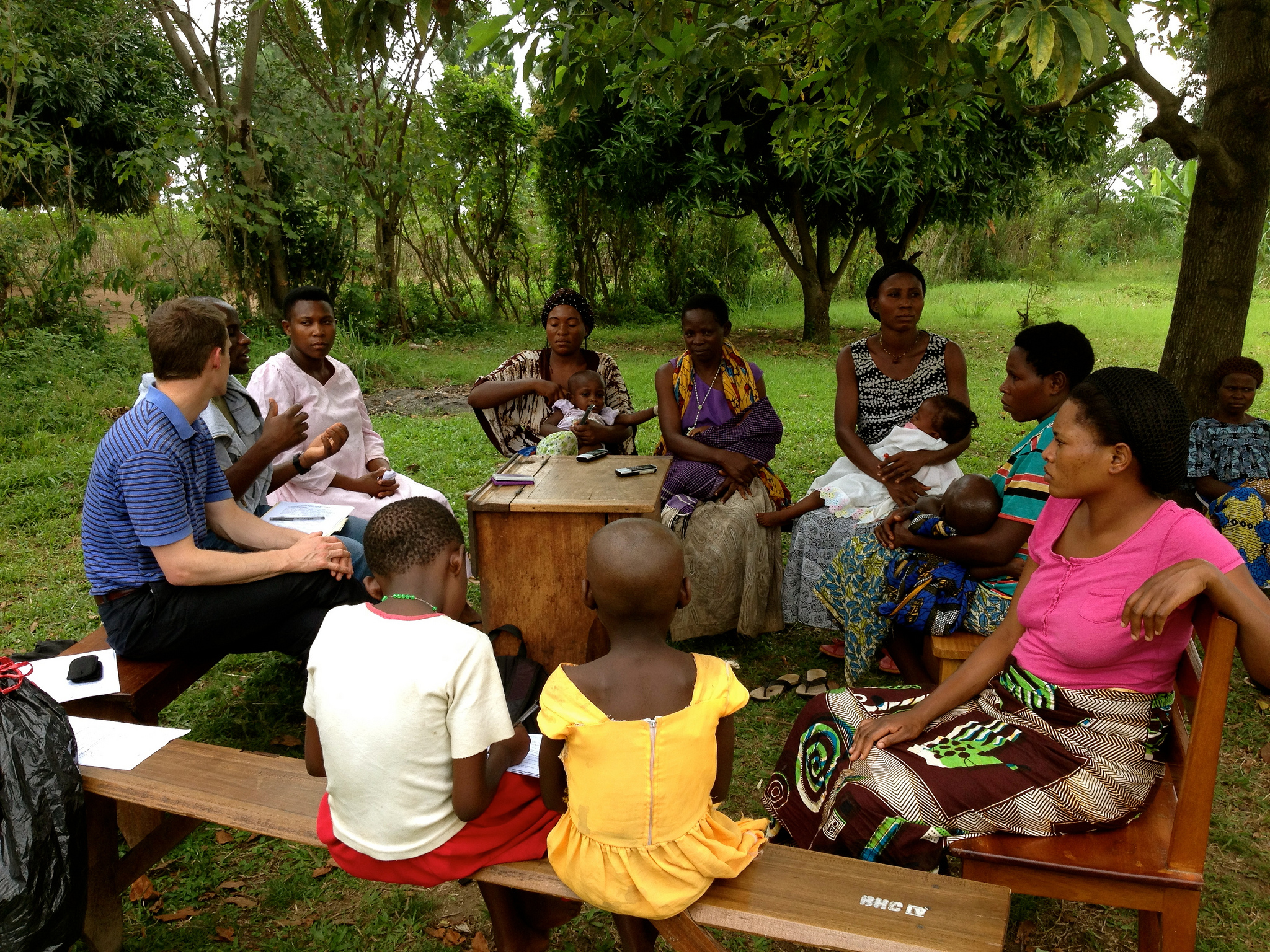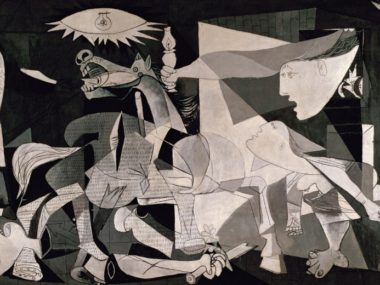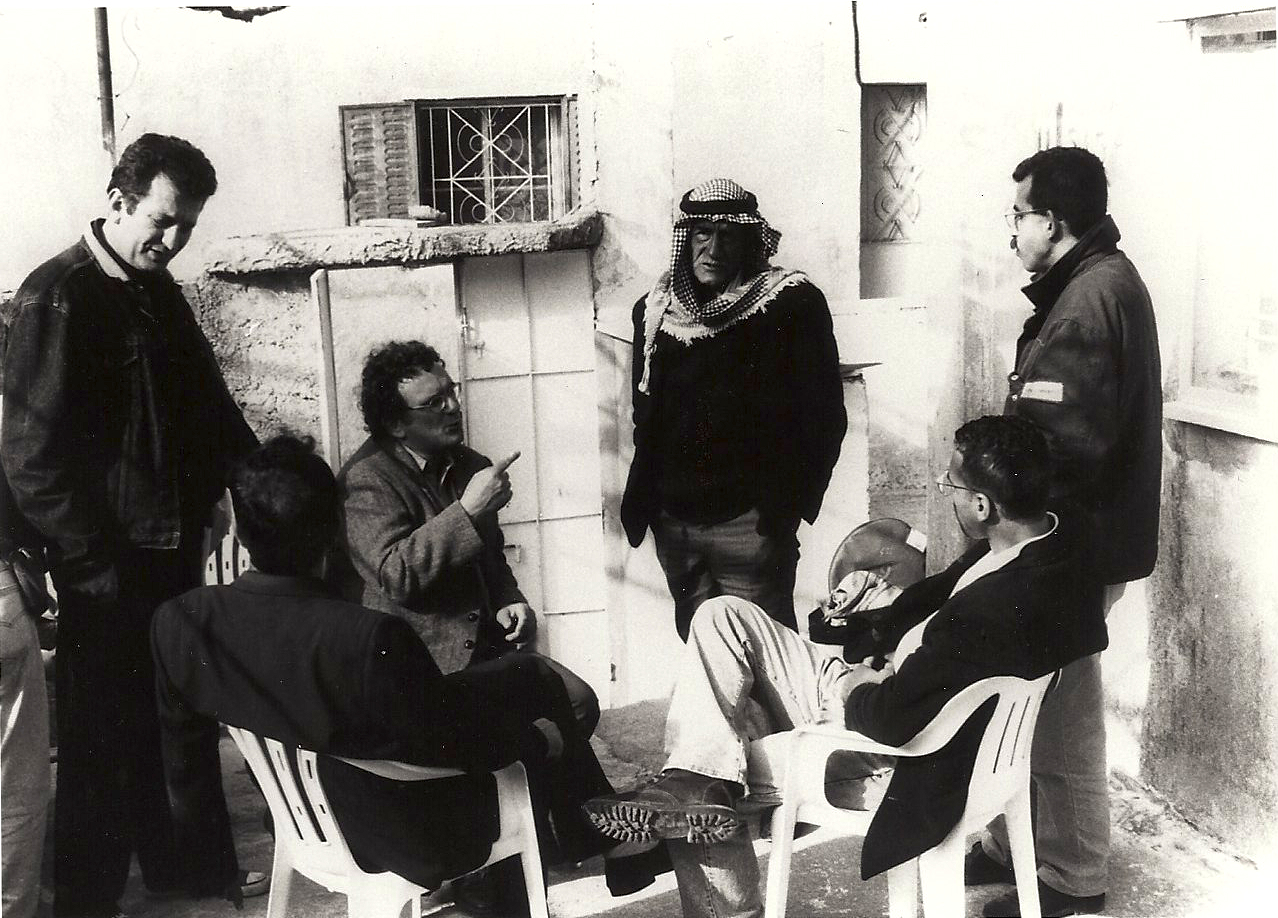By Yolande Bouka.
In recent years, there have been an increasing number of large-scale research projects offering extraordinary insights into micro-level explanations of the causes, dynamics, and legacies of political violence. As more donors require that such initiatives include the participation of more diverse research teams, IR and other disciplines have seen more collaborative research projects connecting researchers and institutions from the so-called Global South with the Global North. Western academic and research institutions often frame these initiatives through concepts of “capacity building” and the need to bring “local” perspectives to studies of war and peace. While well intentioned, some of these efforts have quickly become sites for structural violence of knowledge production by not only reifying the “local” but by also only accepting said “local” perspectives as knowledge through Western researchers and erasing intellectual input of scholars from the global south.
The failure to acknowledge the intellectual property of non-Western scholars during collaborative research is not only unethical, but it also constitutes a violent act. In a context where much of our livelihood as academics depends on peers’ recognition of our work, denying these scholars this recognition is erasing their contribution and expertise. This erasure as a form of violence is particularly troubling when we consider that the knowledge of scholars of political violence is built on the pain and suffering of others in their quest to better understand and prevent conflict.
Beyond discussions about Institutional Review Boards, important scholarship streams have emerged to address the challenges of doing research in conflict-affected societies. Books and articles, mostly coming from feminist IR, have made strong statements about the need to recognize power relations in research, develop more granular awareness of our responsibility towards research participants, and the need to engage in reflexive research. Similarly important debates are ongoing about the lack of diversity and representation of scholars from the Global South in mainstream academic journals. Various academic institutions and journals have responded by developing training and capacity building initiatives, while a limited few have gone as far as putting their own structures under the microscope to understand the inequalities of their processes.
At the intersection of these debates about responsible research and engagement with scholars from the Global South, there remains an urgent need to have more robust conversations about the ethics that are unique to collaborative research between resource-rich and resource-constrained institutions and researchers. Defining collaboration can be difficult but it is possible with concerted reflection. My list of collaborators is long: activists, practitioners, graduate students, postdoctoral fellows, faculty members, and others who engage with research projects beyond the perfunctory scheduling meetings, transcribing, or translating work. I am referring to colleagues who, regardless of their official titles, offer critical intellectual contributions at various stages of the project. In their capacity, collaborators can help develop proposals and provide the intellectual framework of research. They can also be integral to selecting the research cases, developing data collection tools, and coding and analyzing data.
While some of the most apparent and debated ethical concerns about collaborative research in conflict settings deal with security and financial management, I want to highlight the issue of intellectual property. The uncomfortable truth is that some Western scholars too readily dismiss the intellectual labor of Global South partners to research assistance and facilitation, and this has significant implications during the research dissemination stage. Too often, collaborators based in Africa or Asia—for example—lose access to the data that they not only gathered, but for which they also developed the collection and analytical tools. Moreover, at times they are deliberately excluded from academic and policy publications. In a discipline that focuses on publishing, there is a need to emphasize that knowledge production does not rest in the writing of the findings alone and that intellectual contributions can take place at various stages of this supply chain. This is particularly challenging in social sciences where solo authorship is often considered the pinnacle of academic accomplishment for jobs and promotions. This is in contrast to medical research sciences, for example, where co-authorship is often the norm (this is not to suggest that this field does not have its own set of ethical concerns and issues of embedded power differentials).
Cronin-Furman and Lake insightfully explain how the combination of violent or unstable research contexts and the professional incentives for research innovations can create conditions that facilitate often-unintentional exploitative work relations. I argue that in some cases, the exploitation of southern partners is purposeful, for the structure of academic publishing means there is incentive to claim solo expertise when the reality is that much of what we know is generated collaboratively. Anecdotal evidence from my engagement with emerging and established African scholars based on the continent with experience in such collaborative research suggests that even the best intentions do not prevent exploitative practices from generating a great deal of harm.
Failure to acknowledge collaborators’ work can have long-term professional and personal consequences. One East African researcher I spoke to shared that attempts to exclude him from a publication led him to question himself, his contribution to the project, and his decade of work in his field, planting seeds of doubts and inadequacy well beyond the conclusion of the project. In some cases, the failure to be acknowledged can result in financial hardship as researchers’ work is appropriated by others, making it more challenging to find other research opportunities. Conversely, a researcher based in Central Africa and whose work was fully acknowledged shared that following the publication of a report she contributed to, she was quickly and repeatedly approached and offered more research opportunities by other institutions, thereby improving her reputation, career, and financial security.
While recent efforts to build capacity of non-Western researchers and scholars are important and welcomed, much can be accomplished by first recognizing and making room for the existing intellectual contribution and property of research collaborators from the Global South. Individual scholars, research institutions, and donors based in the West need to promote respectful and equitable collaborative practices. We need to move beyond reflections about ethics: it is time to name and challenge intellectual theft when we see it. Because, as explained by Sara Ahmed in Living a Feminist Life, it is in naming and calling attention to problems that we can change what we deem unacceptable.








2 comments
These sorts of unethical, destructive practices, claiming credit for work mostly or entirely done by others, are not unique to international collaborative projects or to the study of conflict. Having originally been trained in mathematics, I can attest that very similar sorts of things go on all too frequently with supervisors and graduate students in the mathematical and physical sciences. In much of Europe, especially Germany and Austria, such abuses are more or less institutionalized, with senior faculty claiming credit for work done by their subordinates. Any forms of cooperation involving parties with highly unequal power are prone to these sorts of abuses, unfortunately. Many researchers behave ethnically and give due credit, but many do not.